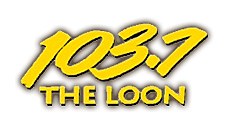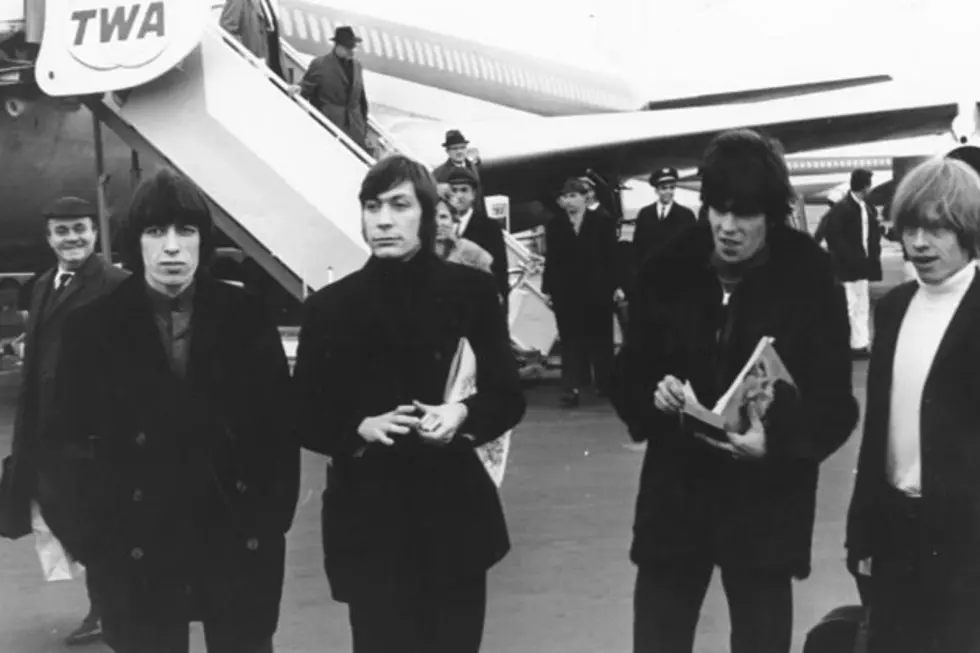
When the Rolling Stones First Arrived in America
America was first introduced to a group of five long-haired English lads who called themselves the Rolling Stones on June 1, 1964. Though they had become a hit in England, the U.S. was only vaguely aware of this new band. Indeed, their first album, England’s Newest Hit Makers, had only just been released in America two days before their arrival.
In spite of their status, when the Rolling Stones' plane touched down at JFK in New York City, much as the Beatles had been four months earlier, they were greeted by a teeming throng of screaming fans and a press conference eager to get the jump on the supposed next big thing. They were shouted at about the same topics that their fab brethren had been earlier – their hair, their accents, etc. – until they were taken to the Astor Hotel. As they pulled up to the lobby, all hell broke loose.
“Police started pulling us out, saying, 'Run! It’s every man for himself,'" bassist Bill Wyman wrote in Stone Alone. “In seconds, the hotel reception became an insane asylum. Mick [Jagger] and I made a mad dash into the lobby, and Hilda Skarfe of Song Hits magazine raced after us, followed by about 70 screaming girls, with police close behind…we ran into a laundry closet by mistake and we were trapped. It was like a scene from a movie!”
Once the band had managed to extricate themselves from the mob, they gave another press conference and then were summarily whisked away to WINS Radio to be interviewed on the air by noted DJ Murray the K. The jockey chatted with the group for a bit before playing their Buddy Holly update, "Not Fade Away." After the red light went off, K played a song for the Stones by another group called the Valentinos called "It’s All Over Now," and suggested to them that it might be a good idea if they came out with their own version. The song would later go on to become the Rolling Stones' first No. 1 hit in the U.K.
The group stayed in New York for two days doing a variety of press events mixed in with a little sightseeing until they flew to Los Angeles to tape an appearance on Dean Martin’s "Hollywood Palace." Martin wasn’t exactly kind to the band in his introduction, which still rankled Keith Richards many years later.
“In America then, if you had long hair, you were ... a freak,” Richards explained in his autobiography, Life. “Dean Martin introduced us as something like, 'These long-haired wonders from England, the Rolling Stones. They’re backstage picking fleas off one another.' A lot of sarcasm and eye rolling.”
The Rolling Stones, nevertheless, came ready to play and let loose with a pretty tight cover of the Willie Dixon classic "I Just Want to Make Love to You." After the song Martin came back on and cracked a number of jokes at the Stones' expense before they performed "Not Fade Away." Ultimately, when the show aired two weeks later on ABC, their whole appearance was edited down to a mere 65-second segment. Bob Dylan made note of the debacle in the liner notes for 1964's Another Side of Bob Dylan. "Dean Martin," he wrote, "should apologize to the Rolling Stones."
Watch the Rolling Stones Perform on 'Hollywood Palace'
From there, the group embarked on a short 12-date tour of the country with their first date set for June 5 at the Orange Show Fairgrounds in San Bernardino, Calif. This was followed up by two dates on June 6-7 at the Teen Fair of Texas in San Antonio. The stint in Texas is especially notable for being the place where Richards picked up his first pistol, which would become an American tour fixture in the years to come.
Three days later, for a band of devoted blues followers, they received the thrill of a lifetime when they were booked for two back-to-back days of studio time at the famed Chess Records in Chicago. “2120 South Michigan Avenue was hallowed ground,” Richards wrote in Life.
"We got there on a last-minute arrangement by [manager] Andrew Oldham," Richards added. "There in the perfect sound studio, in the room where everything we listened to was made, perhaps out of relief or just the fact that people like Buddy Guy, Chuck Berry and Willie Dixon were wandering in and out, we recorded 14 tracks in two days.”
Of course, there also exists the long-scrutinized tale in which the Rolling Stones find hero Muddy Waters painting the ceiling. To this day, Richards swears by the tale. “Marshall Chess [son of label co-founder Leonard Chess] says, ‘Oh, we never had him painting,'" Richards wrote in Life. “But Marshall was a boy then; he was working in the basement. And also Bill Wyman told me he actually remembers Muddy Waters taking out amplifiers from the car into the studio.”
After finishing up at Chess, the Stones left for the next show in Minnesota, and wound their way through the Midwest, Pennsylvania and New York. The tour culminated with an appearance on the Clay Cole Saturday Show, followed by a two-set concert at New York City’s venerable Carnegie Hall.
With the tour officially in the books, Mick and Keith decided to celebrate with a trip up to Harlem. “Mick and I hadn’t come all the way to New York in ’64 not to go the Apollo,” Richards recalled. “James Brown had the whole week there at the Apollo. Go to the Apollo and see James Brown, damn fucking right. I mean, who would turn that down?”
While it may not have exactly felt like a triumph, the trip proved to be a success. It gave the Rolling Stones the first foothold in a country they would completely dominate in the coming years. “America was a joke when we arrived," drummer Charlie Watts said in the book According to the Rolling Stones, "but by the time we left we had an audience and by the time we came back we had made a hit record. It was all uphill, but the audience grew every time.”
Rolling Stones Live Albums Ranked
See Keith Richards Through the Years
More From 103.7 The Loon
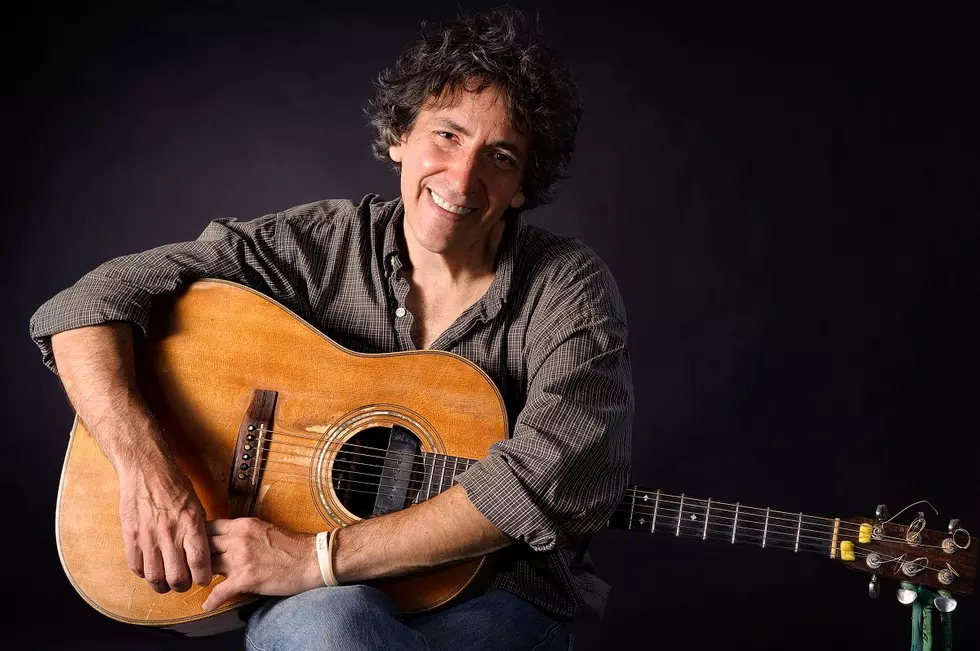
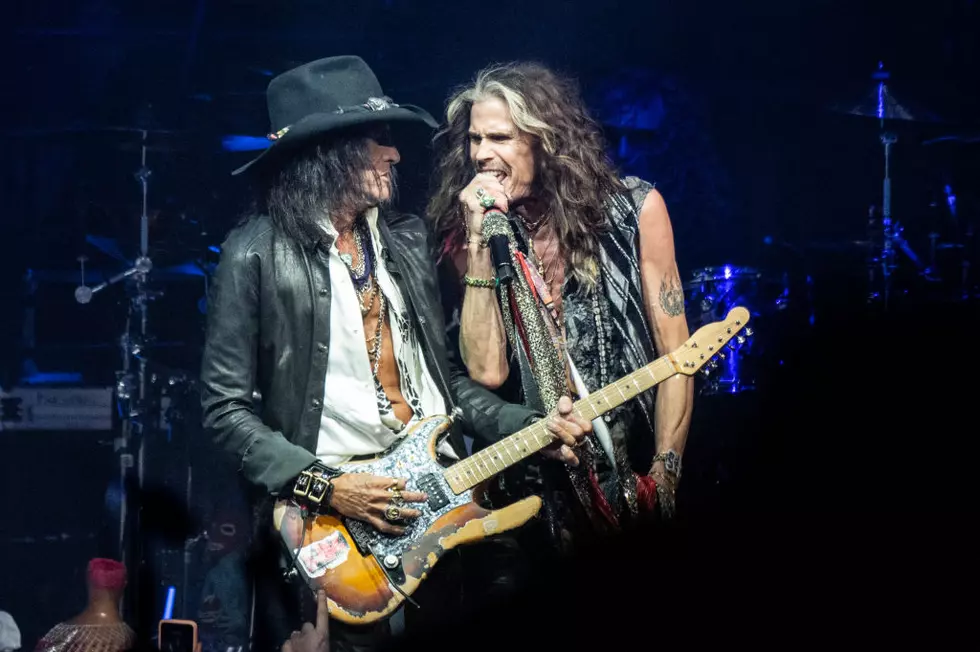
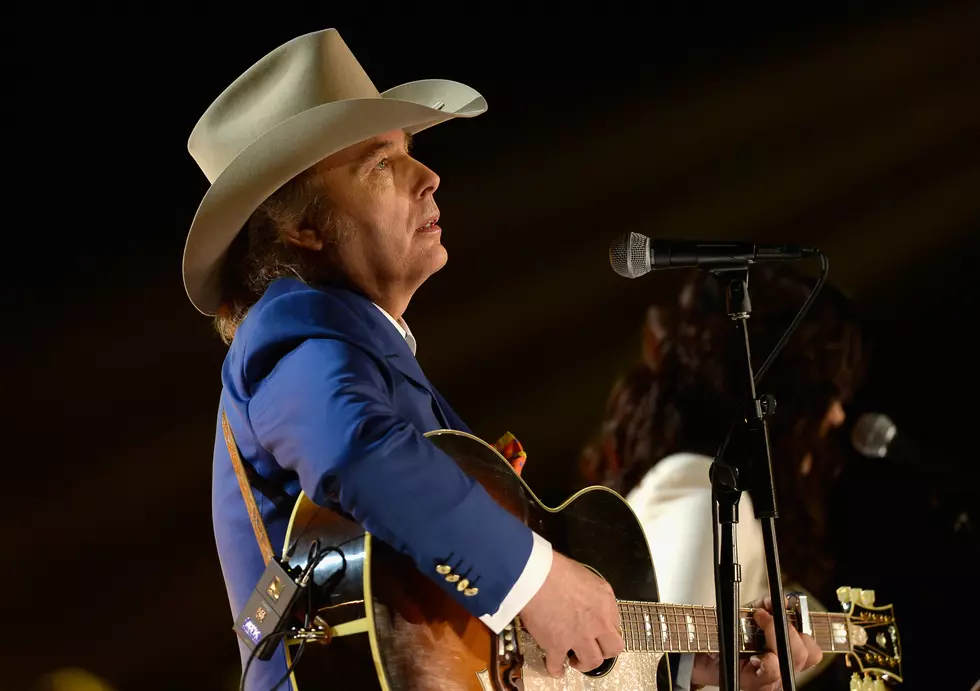
![Foo Fighters’ Taylor Hawkins Drumming in 9th Grade [VIDEO]](http://townsquare.media/site/66/files/2015/08/Taylor-Hawkins-in-9th-Grade.png?w=980&q=75)





